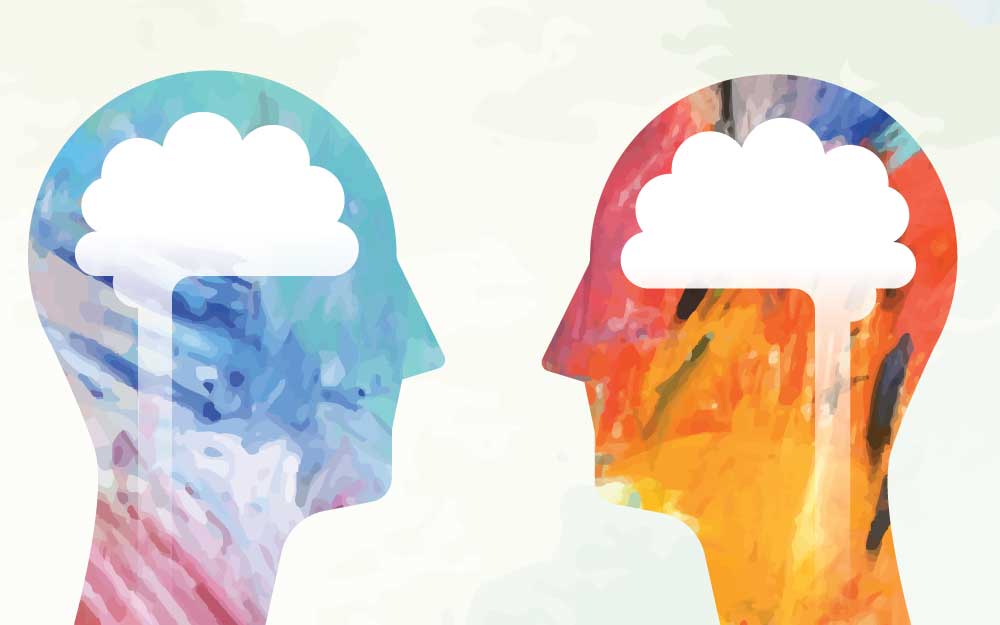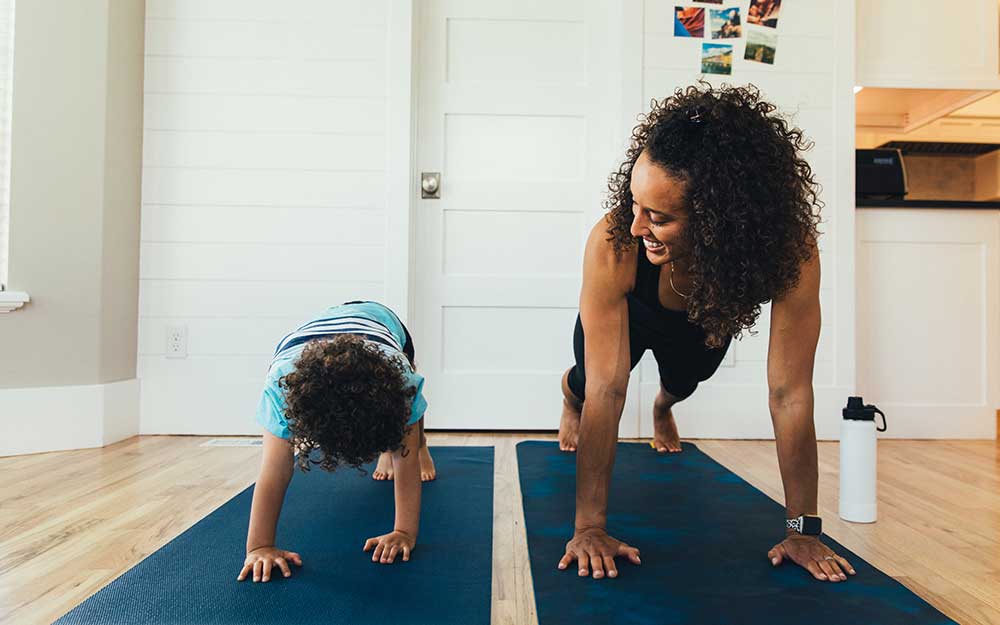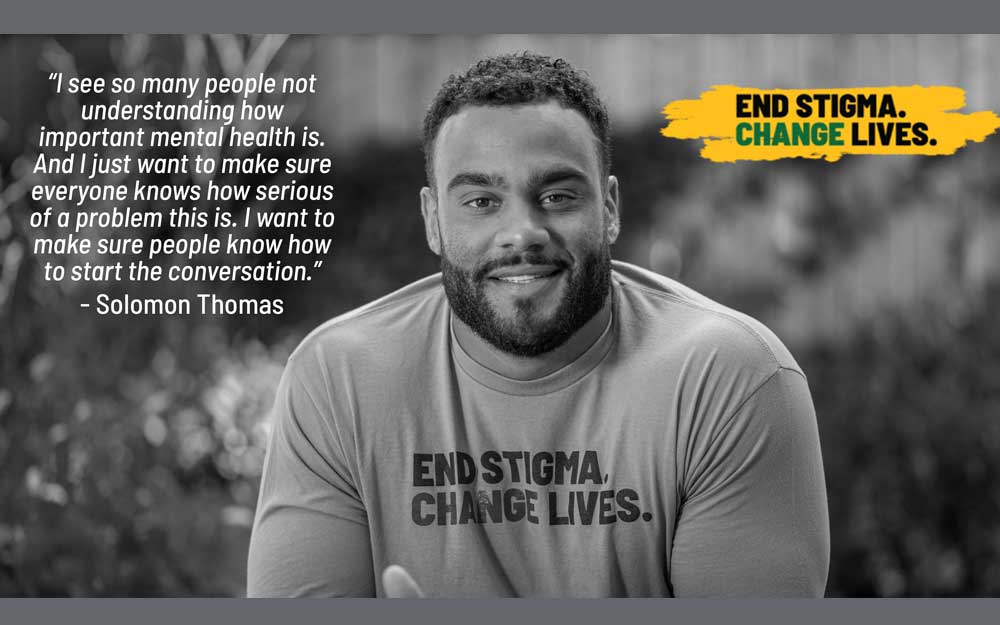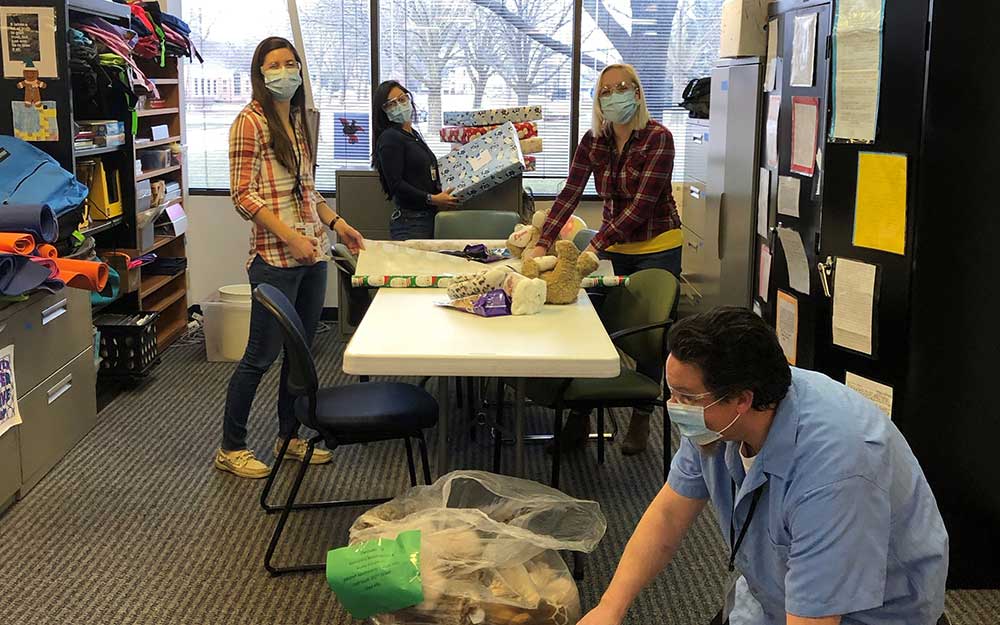
Rising above addiction | Adrienne’s story
Adrienne discusses her path to Rogers’ Herrington Center for Addiction Recovery in Oconomowoc and how she’s been able to put her sobriety first and reach her 7-year sobriety milestone.
Contact Us • Careers • Refer a Patient • Donate • Blog

Adrienne discusses her path to Rogers’ Herrington Center for Addiction Recovery in Oconomowoc and how she’s been able to put her sobriety first and reach her 7-year sobriety milestone.

When a loved one is struggling with mental health, navigating the road to recovery can be challenging, especially if effective treatment requires travel away from home.

When young patients receive mental health or addiction care at Rogers, a key part of care focuses on teaching valuable strategies to help them keep up with school while in treatment and in the future.

Though many are familiar with the dangers of anorexia and bulimia, only recently has the term diabulimia entered mainstream conversations about eating disorders.

Mental illness isn’t a choice and it’s not a weakness. Jerry Halverson, MD, DFAPA, chief medical officer, emphasizes those points when he provides overviews of mental illness and the challenges it imposes on people.

It’s common for someone with an eating disorder to also experience another co-occurring mental health disorder such as depression, OCD, or anxiety. When it comes to eating disorders and a co-occurring substance use disorder, Brad Smith, MD, medical director, Oconomowoc campus and Eating Disorder Recovery, says that it is almost always best to try and treat both simultaneously.

Self-care may seem like just another buzzword, but Dr. Stacy Welch explains why it is a crucial part of nourishing and maintaining your mental health.

Meg shares that after years of psychiatric hospitalizations, she turned to Rogers for the support and tools needed to address her mood disorder.

San Francisco 49ers’ Solomon Thomas battled depression after losing his sister, Ella, to suicide in 2018. Thomas is determined to use his family’s pain to bring hope and healing to others.

The holidays are often a difficult time, especially for those spending the season in treatment. To ease the difficulties for our patients, the Rogers Behavioral Health Foundation once again collected donations for gifts.